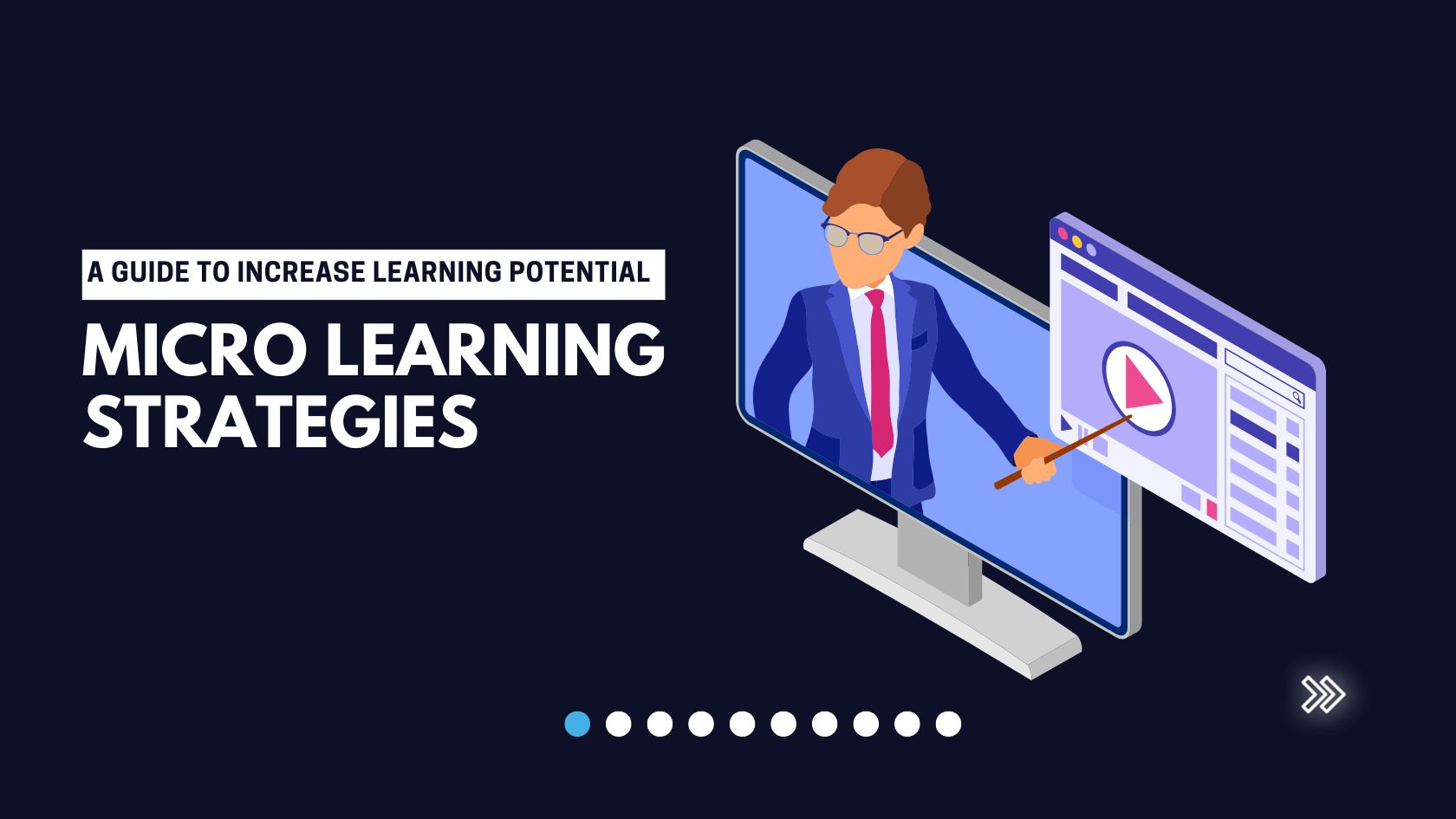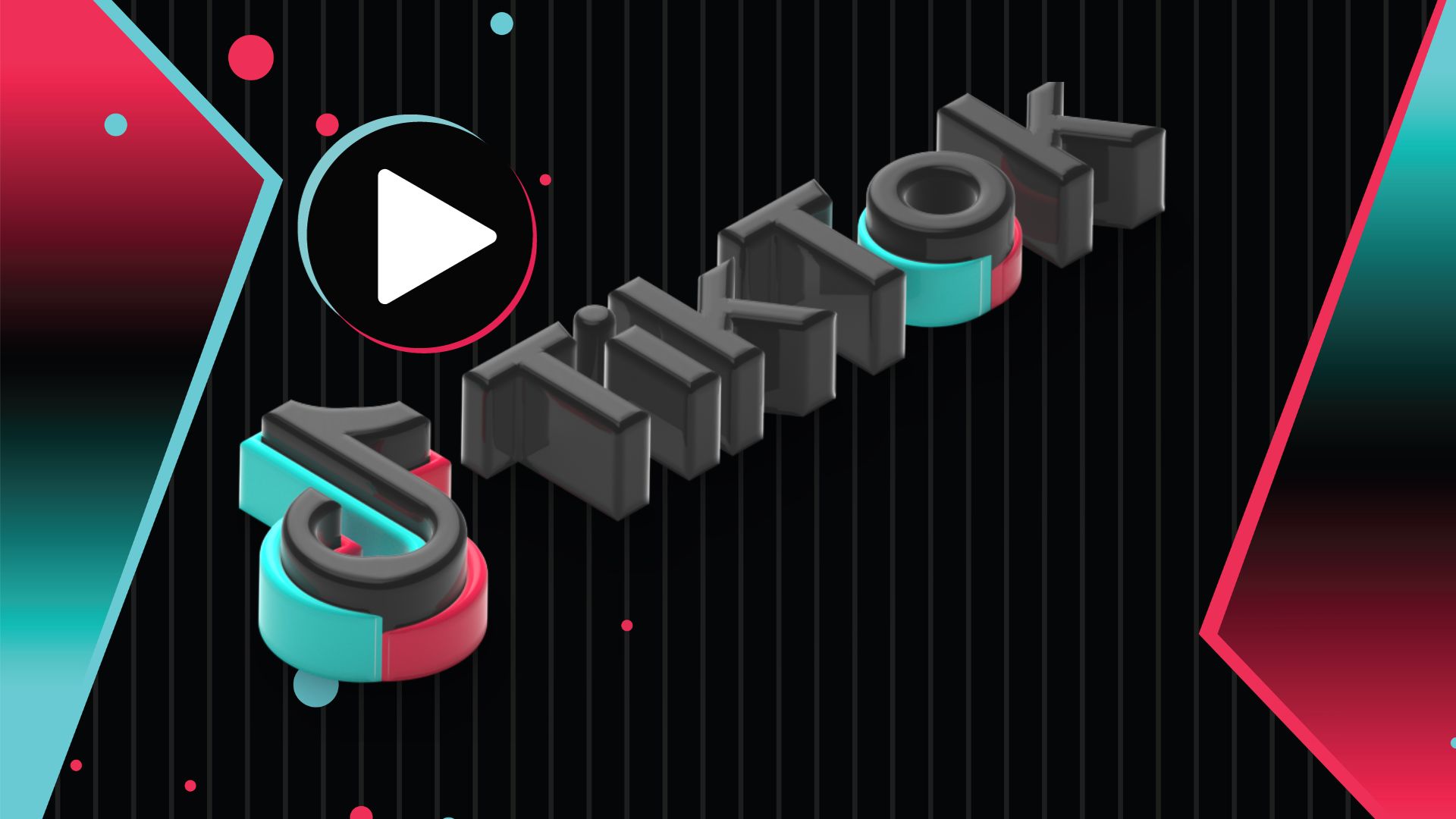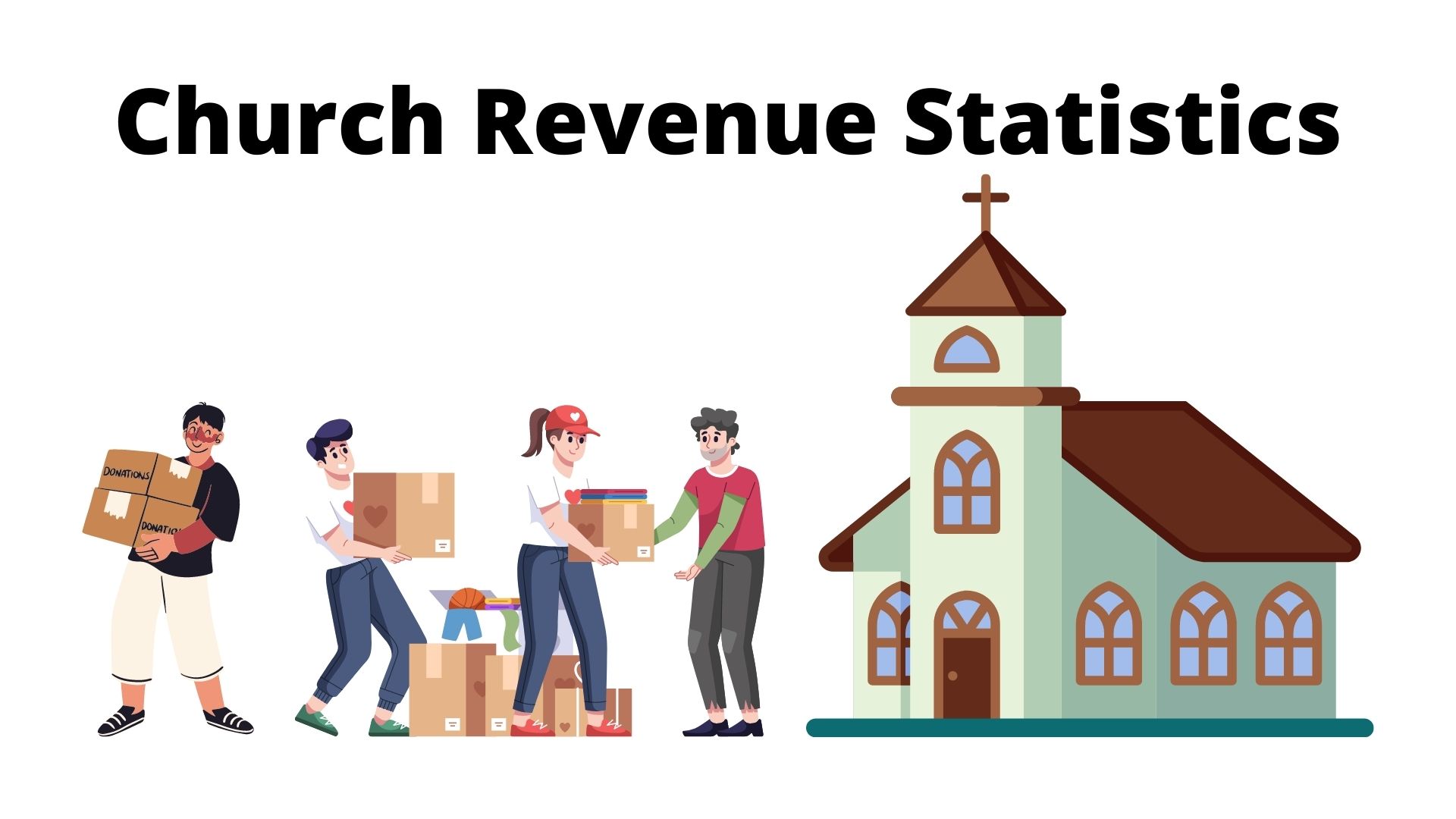Editor's note: This article was completely updated by William Elcock on 3/12/21.
Microsoft Dynamics 365 is Microsoft’s suite of intelligent business applications. It is capable of generating predictive, artificial intelligence (AI) insights that can help your business to deliver greater results. It’s an attempt to bring customer relationship management (CRM), enterprise resource planning (ERP) and supporting business applications together under one umbrella.
There are a lot of different components that make up this suite, so it can be difficult to figure out which ones suit your needs best. We’ll run through all of the main components here:
Microsoft Dynamics 365 Overview
In the past, Microsoft offered separate solutions for CRM, ERP and other business applications. Its ERP platforms were known as Microsoft Dynamics NAV, Microsoft Dynamics GP, Microsoft, and Microsoft Dynamics SL. The CRM solution was known as Microsoft Dynamics CRM 3.0. These solutions started off as being mainly on-site solutions but over time they were upgraded to include some cloud functionality.
However, in 2016, Microsoft introduced its new iteration of CRM and ERP solutions that were built to work in the cloud. They can still be installed as on-premises solutions. Essentially, Microsoft combined the CRM and ERP solutions into one package made up of individual apps. They can be used individually, or they can be used in conjunction with the other components of Microsoft Dynamics 365.
One of the biggest benefits of Microsoft Dynamics is its flexibility. However, some companies make the mistake of over-complicating the platform and changing functionality that they shouldn’t. This is highlighted by Third Stage Consulting, which urges customers to implement proper change management systems to ensure they don’t experience a Microsoft Dynamics 365 failure. With that in mind, let’s take a closer look at what the ERP platform has to offer.
Microsoft Dynamics 365 apps
The Microsoft Dynamics 365 apps currently fall under 10 categories:
-
Customer data platform
-
Sales
-
Service
-
Marketing
-
Commerce
-
Supply chain
-
HR
-
Finance
-
Project management
-
Small business
Each category consists of different applications as we will discover below.
Customer data platform
Customer Insights
This application allows you to view detailed information about your customers. This includes information such as campaign responses and well as online and in-store visits and purchases. It can be connected to third-party data services, such as Salesforce and SAP. The app also lets you access demographic, geographic and transactional data in real-time.
Customer Voice
Customer voice collects feedback from customers and allows your business to maximize the insights gained to build deeper connections. Customer data is shared across your business, so a uniform approach to customer service can be taken. The app’s automatic alerts also help you to respond to customer queries more quickly.
Sales
Microsoft Relationship Sales
Finding prospects is easily facilitated by this app through recommended leads and mutual connections. This solution can keep track of buyers to the extent that it can tell when contacts change jobs. It’s also possible to visualize relationships between contacts. This is all thanks to integration with LinkedIn Sales Navigator.
Product Visualize
This app allows you to help your customers with mixed reality. You can showcase complex products in a real-world environment using a device such as a tablet. This visualization process can speed up the sales process.
Service
Customer Service
Microsoft Dynamics 365’s Customer Service app allows your organization to automate self-service with virtual agents and rich knowledge base portals. It also ensures that your customer service agents are always equipped with the information needed to resolve cases thanks to AI-driven tools. In fact, the built-in alert system alerts your customer service agents to issues before your customers are aware there is an issue.
Field Service
The platform’s Field Service app allows you to optimize your resources by deploying your technicians when and where they’re needed most. The app also provides technicians with the information they need to increase the chances of a first-time fix.
Remote Assist
Remote Assist gives you and your customers access to tools that allow you to solve problems. Customers are able to share their real-time view remotely with HoloLens or Dynamics 365 Remote Assist Mobile to get the help they need.
Virtual Agent for Customer Service
This app combines an AI-powered chatbot with insights that allow for the identification and automation of commonly occurring support issues.
Marketing
The Marketing app is integrated with the Sales apps. This leads to more seamless customer experiences (CX). Multiple lead-scoring models are also provided. These help you to identify highly qualified leads. With this, you’re able to prioritize leads to ensure maximum gains.
Commerce
Connected Store
With the Connected Store apps, you’re able to address long check out lines in real-time by giving employees this tool, which gives them actionable alerts that are triggered by store activity. The app can also look at shopping patterns and correlate them with factors such as weather and events. This allows you to better prepare your in-store staff.
Fraud Protection
The Fraud Protection app helps to defend against a number of harmful activities, such as fake account creation, account takeovers and fraudulent account access. It can also detect anomalies with returns and discounts. This lets store managers quickly take action, so losses can be minimized.
Supply Chain
Supply Chain Management
The Supply Chain app leverages AI to predict surges and dips in demand. This allows for products to be delivered on time, since supply and production are planned in real-time. This app also focuses on manufacturing operations that require mechanical equipment and maintenance. The app facilitates proactive maintenance, which reduces equipment downtime and increases production.
Guides
Guides shows employees how to complete a task using mixed reality rendered with Hololens. With this tool, it’s easy to create training programs as no programming skills are necessary.
Guides can also provide useful feedback and insights such as how long it took to complete a task over a period of time.
Small and Medium Business
Business Central
Microsoft Dynamics 365 Business Central allows for the connection of business activities across small- and medium-sized businesses. Real-time system suggestions based on historical data can be used to guide employees through workflows. This ultimately optimizes processes and allows for tasks to be completed more quickly. Workflows can be completely automated. Collaboration is also facilitated by the ability to share business data with your team in Microsoft Teams chats.
Customer Service Professional
Customer Service Professional ensures that agents resolve issues quickly with knowledge-driven case management. Businesses can use the app’s insights to optimize agent performance.
Sales Professional
Sales Professional lets you prioritize high-potential prospects, personalize interactions with customers and collaborate with both customers and colleagues. Time spent on training is reduced due to the real-time contextual guidance provided in the app.
HR
Human Resources
This app empowers employees to get the information they desire. This is made possible by the self-service HR tools. This app also centralizes data, making it more easily accessible and provides information and insights to employees for your business to make HR improvements.
Finance
Finance helps you get a look at the health of your business and make relevant business decisions. This is through the app’s embedded analytics and AI-driven insights. Business processes can also be automated. Evolving financial and legal requirements can be configured and adapted to the guided, rules-based chart of accounts. This requires no coding and simplifies regulatory reporting, electronic invoicing and global payments.
Project Management
Project Operations
This app gives your project-driven business the tools to facilitate operational success. The estimate process is optimized through standardized templates to quickly put together a detailed quote. The built-in insights also help your team understand how projects are progressing and make timely course corrections.
Which Organizations is Microsoft Dynamics 365 Suitable For?
Microsoft Dynamics 365 is suitable for businesses of all sizes. The platform’s ecosystem contains many apps that can be combined for enterprises to form a complete business solution.
Businesses that don’t need as many features can simply pick which apps they want. Microsoft Dynamics 365 offers various licensing options, a scalable architecture, customization and is built for the cloud. If you choose cloud deployment, you’ll be able to access your data from anywhere at any time. The flexible platform is designed for a wide range of businesses, small or large.
Related articles in the TechnologyAdvice network
- Webopedia: Facts about ERP systems and software
- Webopedia: ERP optimization and the production process
- Webopedia: The difference between CRM and ERP



